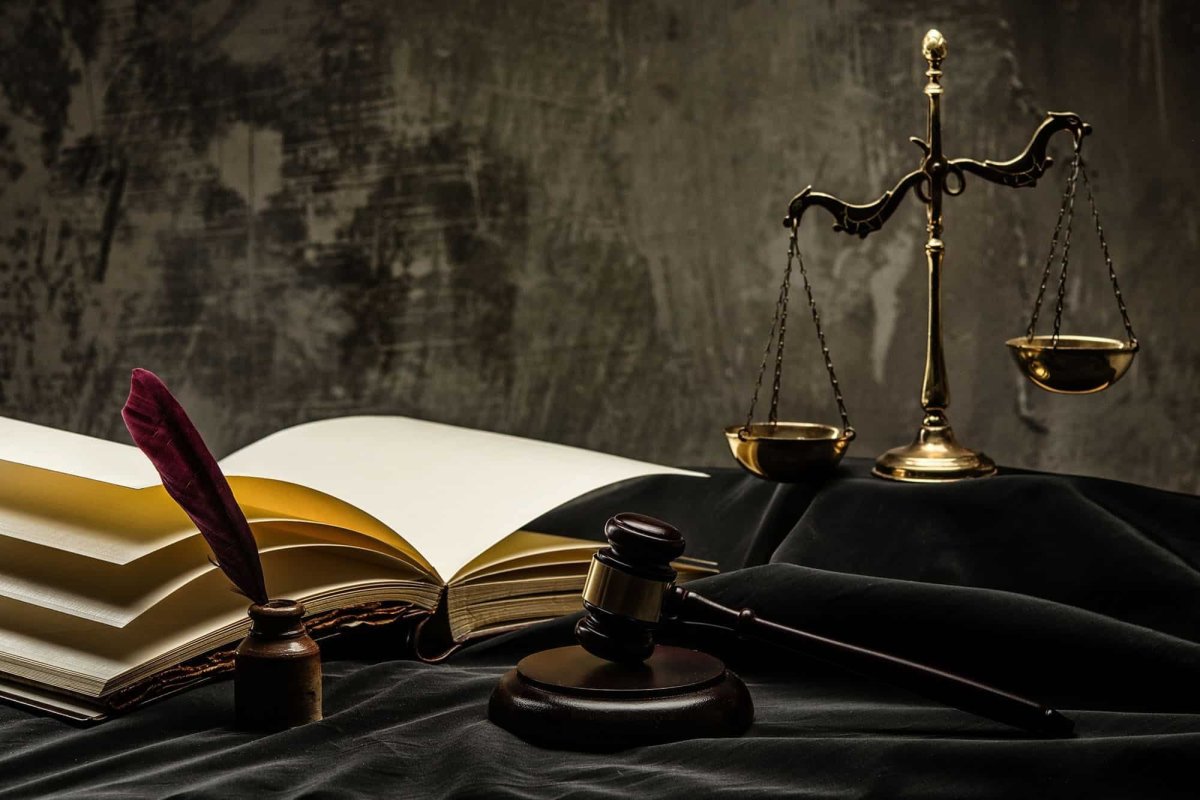Relationship between Whistleblowing and Adverse Action: The Supreme Court's Findings in Whistleblower Cases
Introduction
Whistleblowing is an important element of ensuring the rule of law and combating illegal activities in public institutions and private companies. At the same time, whistleblowers often face negative retaliation, such as dismissal, demotion, or other forms of harassment. The Supreme Court of Ukraine (SCU) has repeatedly considered cases related to whistleblower protection and has formulated a number of important conclusions.
You may also be interested in the following articles: advice of a lawyer, legal advice, analysis of documents, legal analysis of the situation, written advice, verification of documents by a lawyer, lawyers documents, online legal advice, online lawyer, legal opinion, legal opinion of a lawyer, lawyer online.
Reporting Corruption and its Consequences
1. 1.
The Law of Ukraine "On Prevention of Corruption" establishes a legal mechanism for whistleblower protection. According to this law:
- Whistleblowers have the right to be protected from negative retaliation.
- Reports of corruption can be submitted anonymously.
- Any actions aimed at persecuting whistleblowers are illegal.
2. Types of Negative Impact Measures
Negative measures that whistleblowers may face include:
- Dismissal or forced transfer to another position.
- Demotion or reduction in salary.
- Restricting access to certain resources or information.
- Psychological pressure or discrimination.
Conclusions of the Supreme Court
1. Relationship between Whistleblowing and Adverse Action
Case No. 826/12345/20
In this case, the Supreme Court determined that the negative measures taken against the whistleblower were directly related to his or her reporting of corruption. The Court emphasised that the employer cannot impose sanctions on the whistleblower if they are related to his or her anti-corruption activities.
2. Obligation to Prove the Absence of
Persecution
Case No. 807/5678/21
The Supreme Court ruled that in the event of a whistleblowing incident, the employer must prove that the measures taken against the whistleblower are not related to the whistleblowing activity. The burden of proof in such cases lies with the employer.
3. Ensuring Whistleblower Protection
Case No. 805/9101/22
In this case, the Supreme Court emphasised the need for the state to provide adequate protection to whistleblowers. The Court ruled that any attempts to retaliate against whistleblowers must be stopped immediately, and whistleblowers must be able to go to court to protect their rights.
4. Compensation for Damage
Case No. 811/4321/23
The Supreme Court has recognised that whistleblowers who have suffered negative retaliation for their anti-corruption activities are entitled to compensation for material and non-pecuniary damage. The Court emphasised that compensation must be adequate and fair.
Conclusion.
In its decisions, the Supreme Court of Ukraine has clearly defined the link between reporting corruption and negative measures of influence applied to whistleblowers. The Court has emphasised the importance of protecting the rights of whistleblowers and the need to ensure their immunity. Whistleblowers must be able to report corruption without fear, and any attempts at retaliation must be vigorously stopped.

































